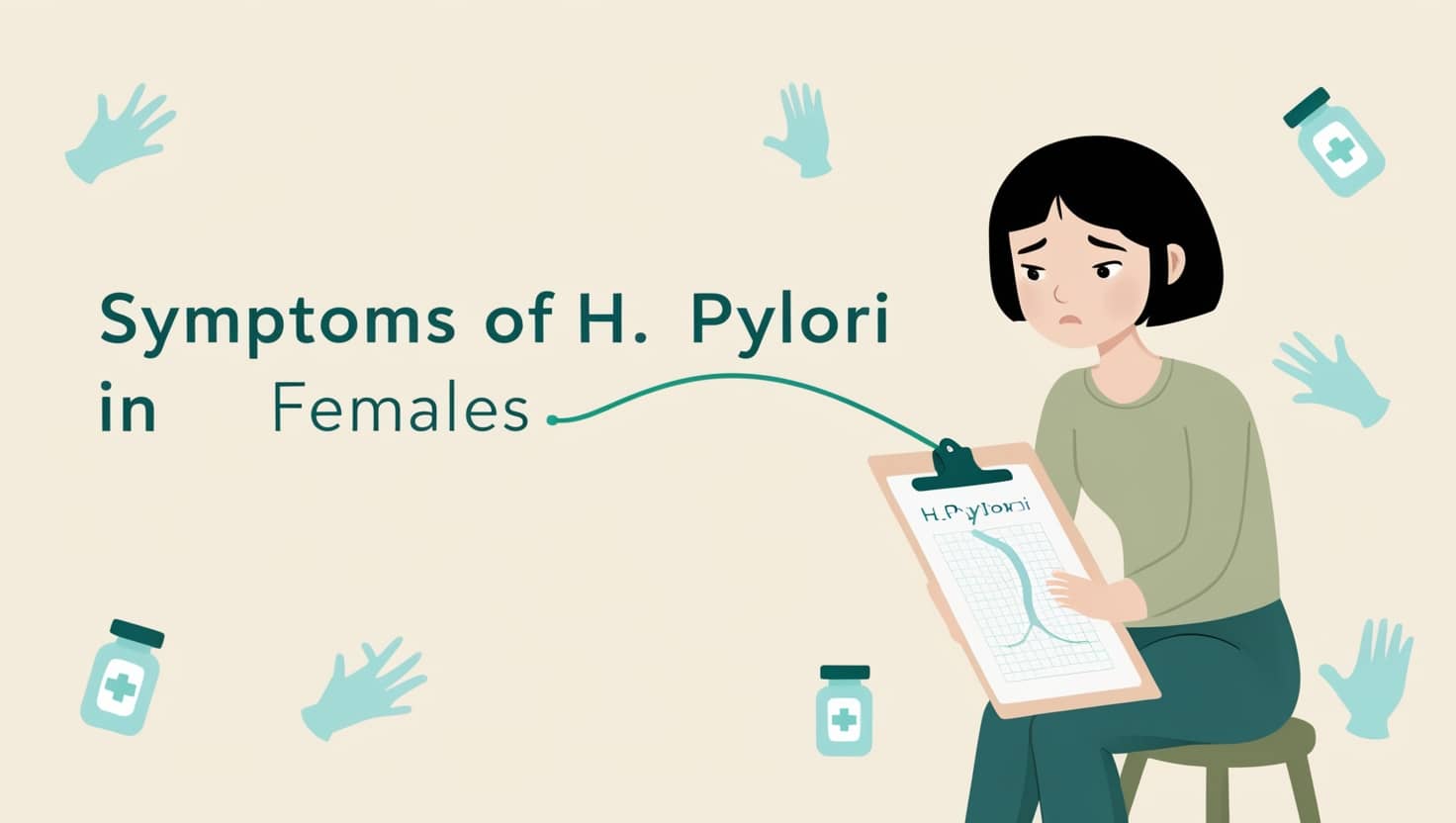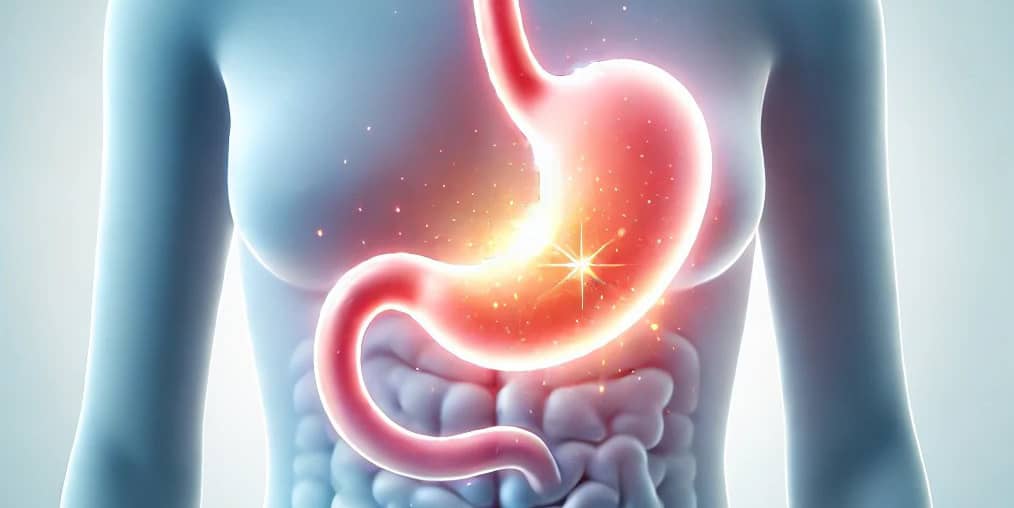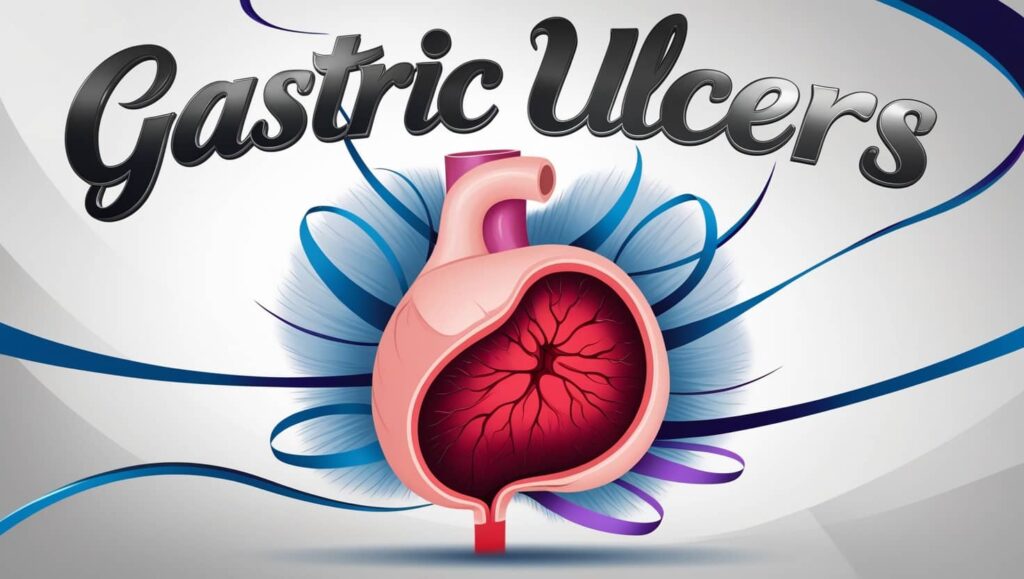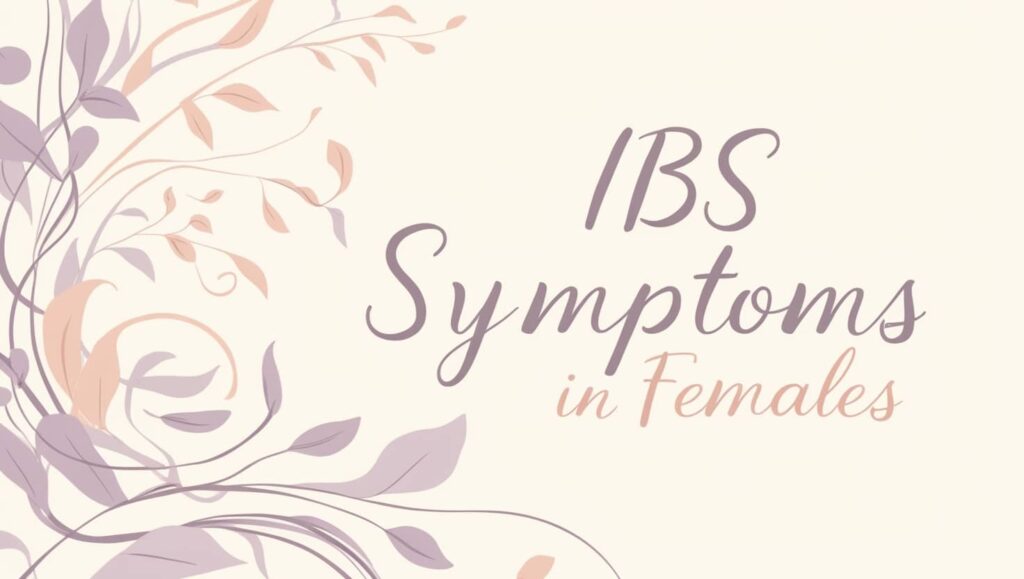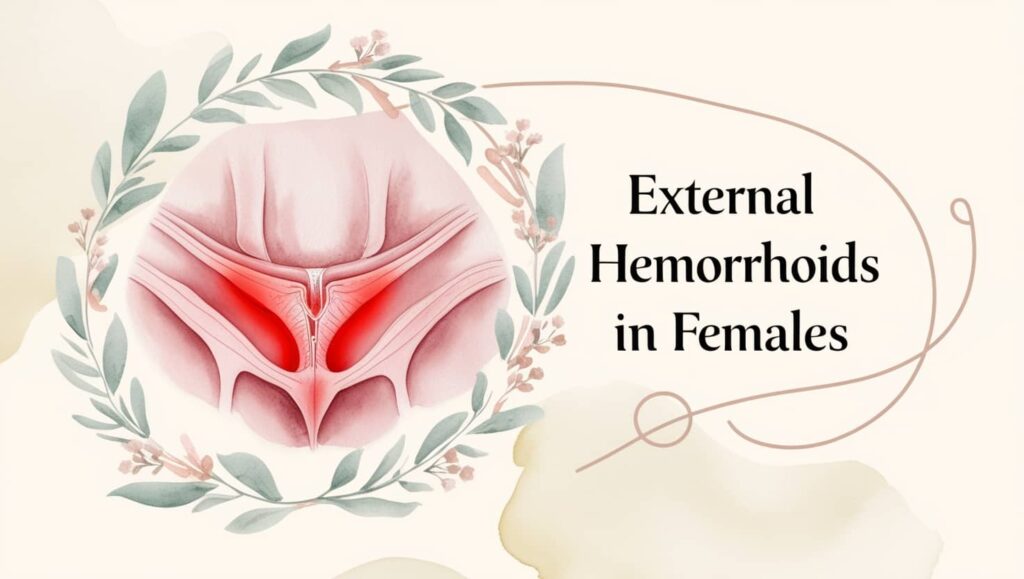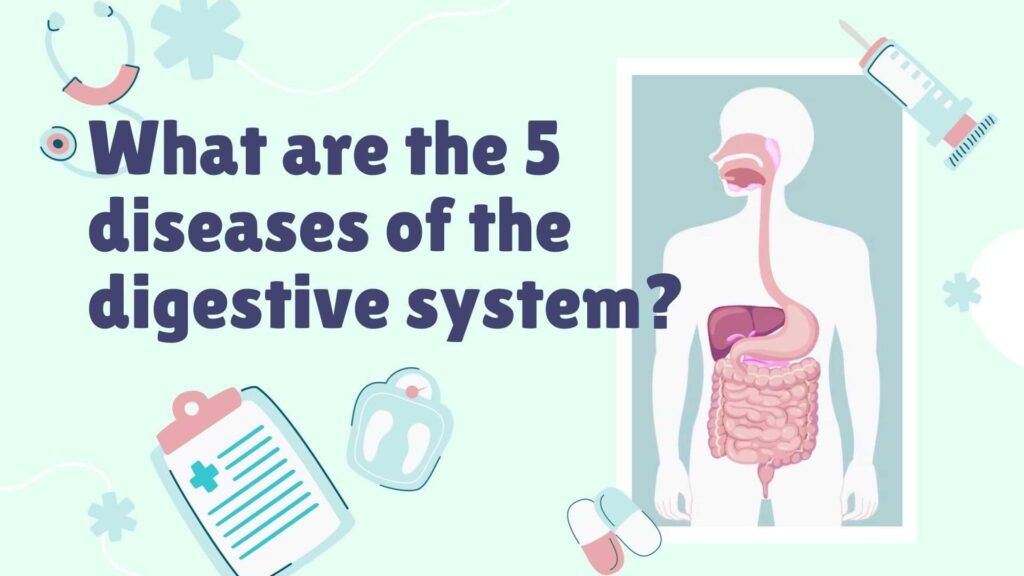Helicobacter pylori (H. pylori) are a type of bacteria that infect the stomach and can damage its tissues and the tissues of the first part of the intestine that follows it.
This damage can cause pain and inflammation for the infected person, and may lead to ulcers in the upper digestive tract.
Stomach bacteria attack the lining of the stomach and produce the enzyme urease, which reduces the acidity of the stomach, and makes the walls of the stomach more susceptible to acids and digestive enzymes, causing damage to its tissues.
Stomach bacteria can also stick to the stomach wall, causing inflammation and swelling and is one of the causes of stomach cancer.
Symptoms of H. Pylori in Females include pain that is constant or comes and goes at intervals, and increases when the stomach is empty.
Weight loss, decreased feeling of hunger, anemia, vomiting, nausea, swelling or bloating, and burping.
Common Digestive Symptoms of H. pylori in Women
The most common digestive Symptoms of H. Pylori in Females include:
- Abdominal pain, burning in the upper abdomen, and the pain is especially worse in the middle of the night when the stomach is empty.
- Feeling full quickly during meals.
- Feeling uncomfortable after meals.
- Burping.
- Feeling bloated, swollen, and full.
- Feeling nauseous.
- Loss of appetite.
- Unexplained weight loss.
- Dark or bloody stools.
- Bloody vomiting. (National Institute of Diabetes and Digestive and kidney diseases., 2022)
How H. pylori Affects Women’s Overall Health
Helicobacter pylori (H. pylori) bacteria affect women’s general health in many ways, the most important of which are:
Pregnancy: During pregnancy, H. pylori bacteria can cause serious complications such as anemia and preeclampsia, and negatively affect the growth of the fetus as the hormonal changes that occur to the pregnant woman stimulate the activity of this bacteria.
Heart: Some studies link the development of some problems related to the heart and blood vessels as a result of infection with H. pylori bacteria such as atherosclerosis, coronary artery disease, and heart muscle abnormalities.
Digestive system: H. pylori bacteria cause painful ulcers in the upper digestive tract, and these ulcers can be bleeding.
Stomach cancer: Helicobacter pylori bacteria increases the risk of stomach cancer.
Infertility: Some studies have linked difficulties in conceiving to infection with H. pylori bacteria, but the exact reason behind this is not clear.
Other health problems: Endocrine disorders, skin problems, pharyngeal problems, respiratory problems, neurological problems, immune disorders, and problems in blood cell production. (Moretti, 2014)
Warning Signs of H. pylori Infection in Females
Pain is one of the most important signs that can indicate the presence of H. pylori bacteria in the stomach.
This pain may be:
- Mild and constant.
- Aching pain
- Burning in the stomach.
- Pain that comes and goes over days or weeks.
- Pain that gets worse when the stomach is empty.
Read Also: Bleeding Stomach Ulcer Symptoms and Treatment
Other Symptoms of H. Pylori in Females include:
- Nausea.
- Loss of appetite.
- Frequent belching.
- Bloating.
- Unexplained weight loss.
- Dark or bloody stools.
- Vomiting that may be accompanied by blood.
H. pylori risks:
Ulcers: H. pylori bacteria can cause stomach ulcers or duodenal ulcers that can develop into bleeding ulcers.
Gastritis: H. pylori bacteria is the primary cause of inflammation of the lining of the stomach.
Stomach cancer: H. pylori bacteria is one of the most important causes of stomach cancer.
References
Moretti, E. (2014). PubMed. Retrieved from Can Helicobacter pylori infection influence human reproduction?: https://pmc.ncbi.nlm.nih.gov/articles/PMC4024765/
National Institute of Diabetes and Digestive and kidney diseases. (2022). Retrieved from Symptoms & Causes of Peptic Ulcers (Stomach or Duodenal Ulcers): https://www.niddk.nih.gov/health-information/digestive-diseases/peptic-ulcers-stomach-ulcers/symptoms-causes

